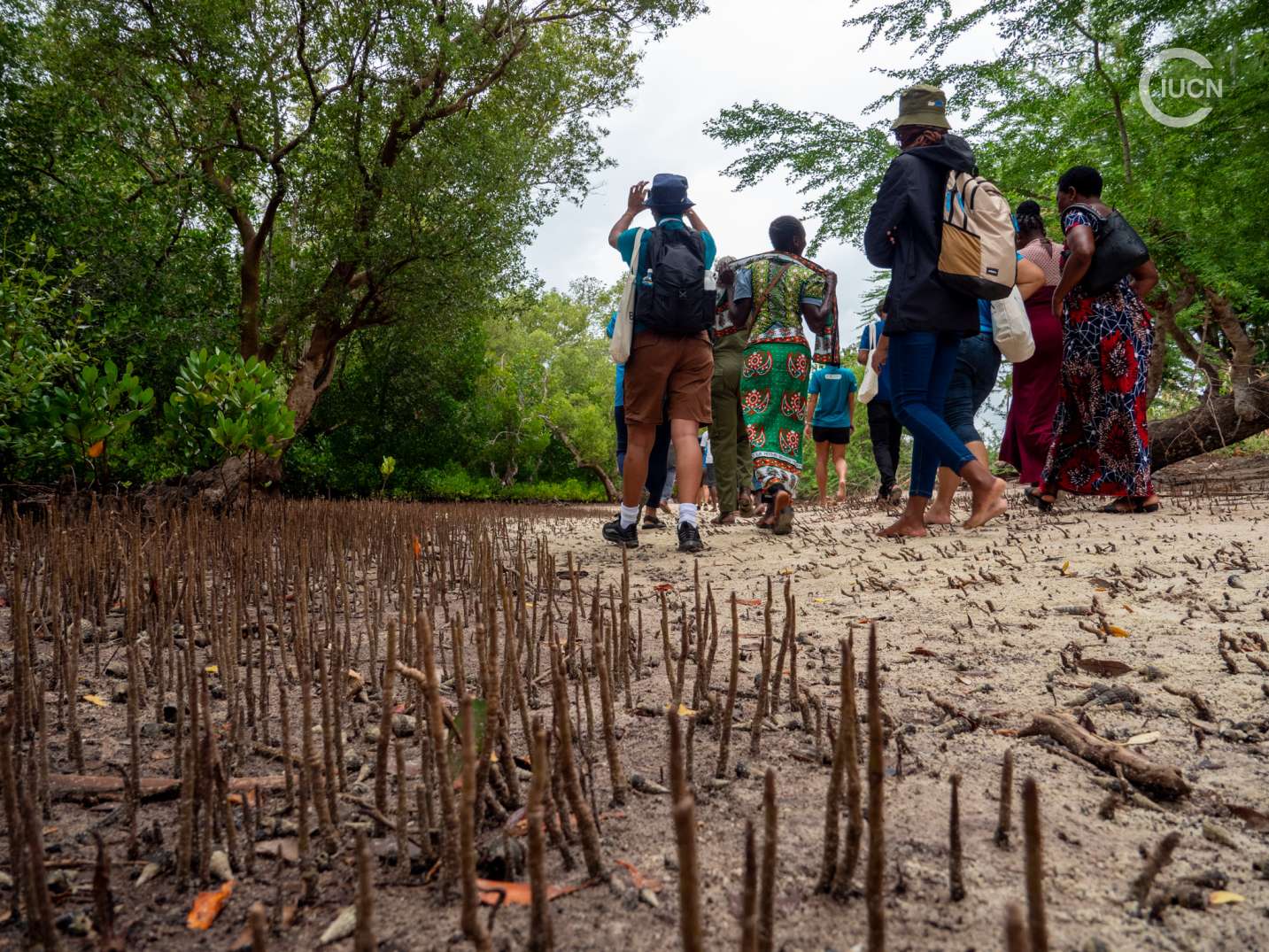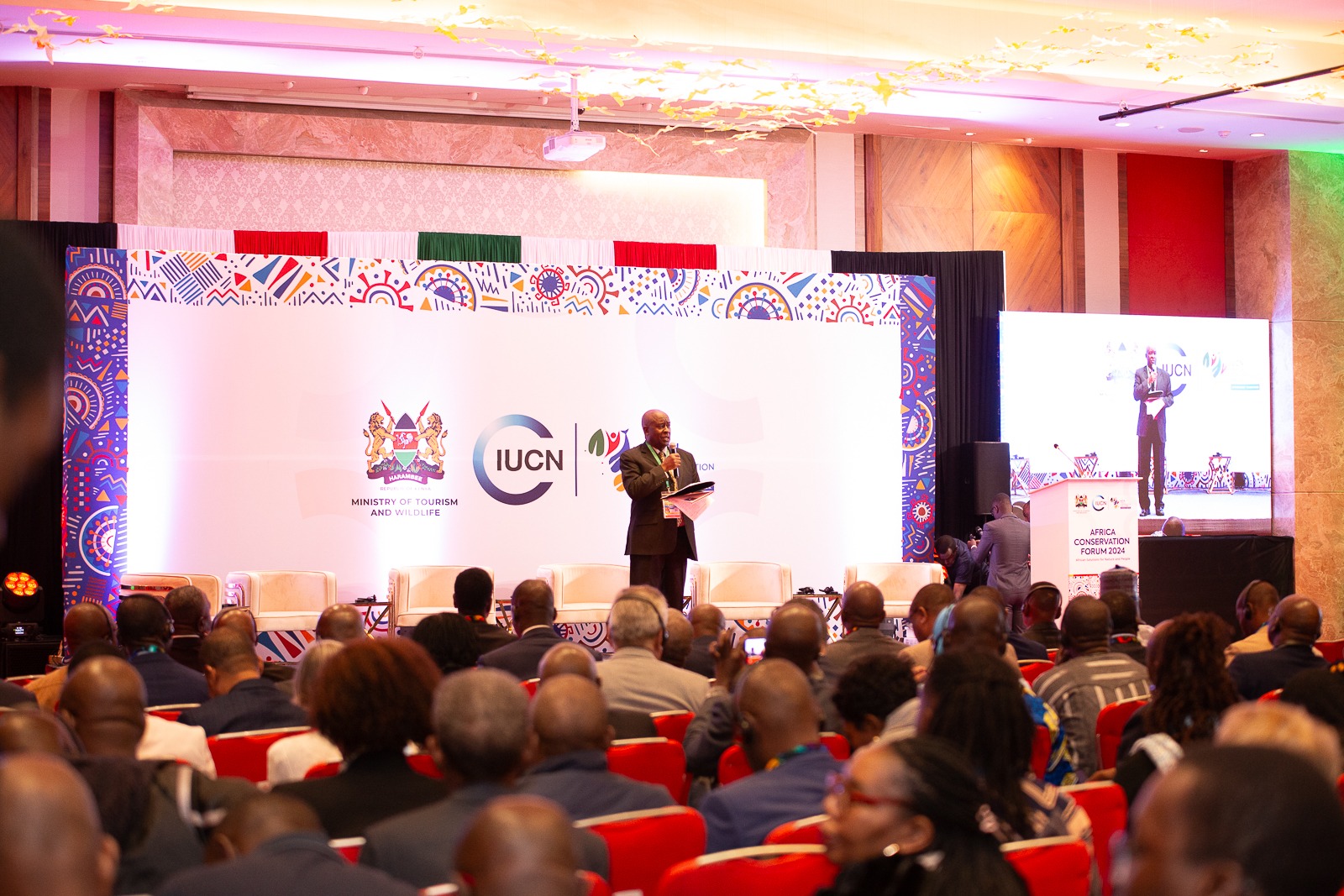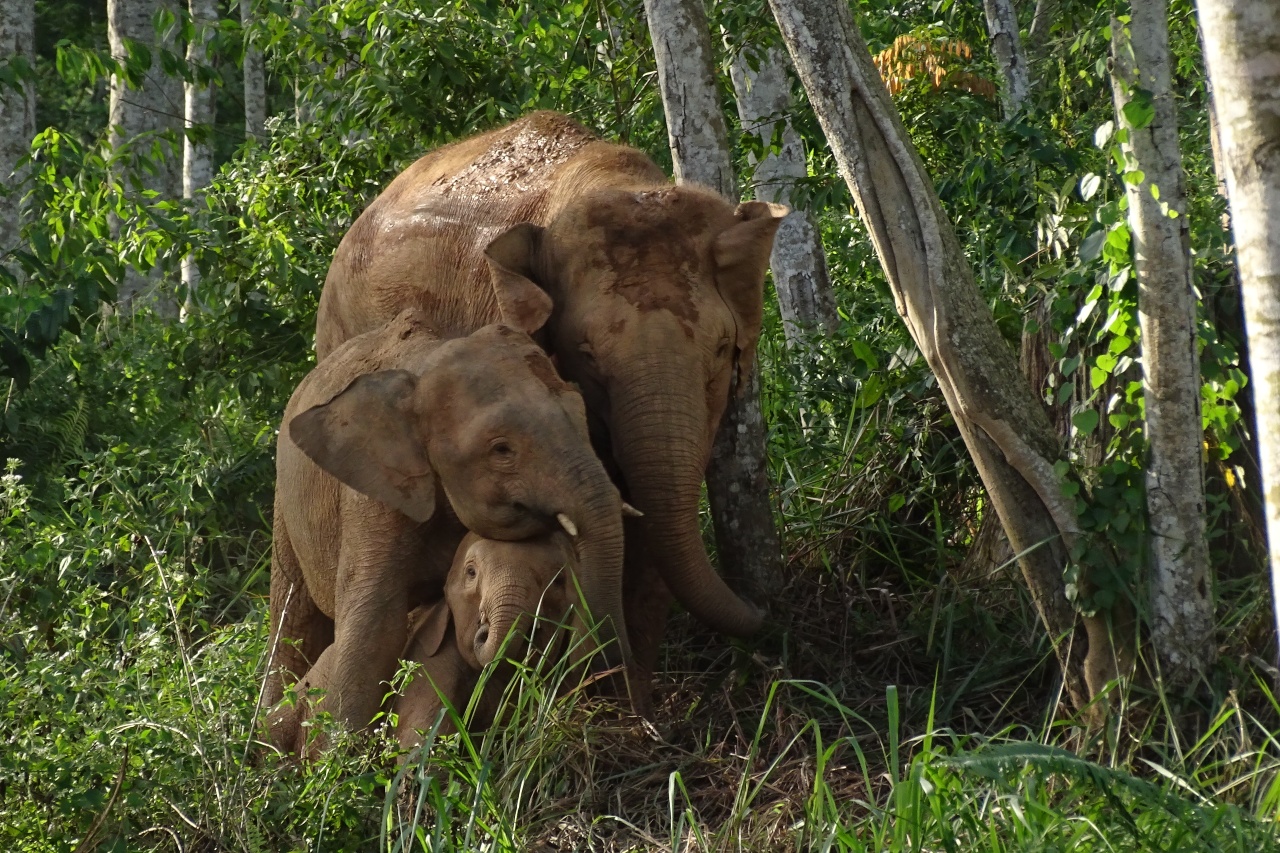First IUCN Africa Conservation Forum ends with call for inclusive, cross-continent action to protect nature
Nairobi, Kenya, 28June 2024: The International Union for Conservation of Nature (IUCN) first ever Africa Conservation Forum concluded today with a call for inclusive, cross-sector action to preserve nature and biodiversity.

The three-day conference saw over 700 people come together from across the continent, including IUCN Members, government actors, business representatives, Indigenous Peoples and scientific experts to discuss biodiversity, conservation and the sustainable development challenges faced by the continent.
IUCN Director General Grethel Aguilar remarked “The Africa Conservation Forum saw IUCN Members from this vast and beautiful continent united for people and nature. We heard the voices of Africa coming from governments, civil society, Indigenous Peoples organisations, local communities, and youth, all under the umbrella of IUCN – building bridges and demonstrating that we are stronger together. One thing is clear: this is a continent full of biodiversity and vibrant people, ready to embrace and demonstrate African solutions for nature and people.”
They agreed that cooperation across countries, governments, communities and sectors is vital to effectively address the significant challenges facing the continent due to the dual crisis of climate change and biodiversity loss.
Among the key conclusions agreed was a new call for action in preparation for the next IUCN World Conservation Congress to be held in the United Arab Emirates in 2025. The IUCN Congress in turn sets the global conservation agenda for the years ahead.
Dr Alfred Mutua, Cabinet Secretary for Tourism and Wildlife in Kenya closed the forum with a commitment to bring together IUCN constituents and supporters again, with the pledge that further dialogue and transformational changes are needed not only at a national level, but also at continental and international levels.
“We’ve run out of time: existing actions are inadequate and true transformation means moving from transformation rhetoric to integrated actions in the biodiversity-climate-energy nexus now” concluded Imèn Meliane, IUCN Vice President and Regional Councillor.
People have to be at the centre of all solutions – nature and people positive solutions are needed. The Union must open to the voices, concerns and active participation of Indigenous People and Local Communities. This was the key message passed on by youth groups and civil society communities, whereby better-informed governance mechanisms and adequate financing formulae would become the foundation for the coming IUCN Programme and Strategy to be adopted during the World Conservation Congress.
Held under the theme ‘African solutions for nature and people – creating transformative responses to the biodiversity and climate crisis in Africa’, the forum gave participants the opportunity to use IUCN’s platform to amplify their voice and influence policy at regional and global levels. Agriculture was a significant theme of the conference. Considered a major driver for biodiversity loss, the forum saw a call for new agroecological practices and Nature based Solutions to benefit both ecosystems and people, making green and blue jobs economically feasible and sustainable.
The forum heard how empowering different actors to understand the benefits of Nature based Solutions can help the continent adapt to and mitigate the impacts of climate change, particularly in wetlands and forest ecosystems.
Africa needs to ramp up investment in its natural assets in support of its economies and society. New business models that engage women and younger generations are proving that investing in nature brings benefits for all. Governments and the private sector working together with civil society organizations, accompanied by enhanced education and communication actions, have been identified as milestones for a better integrated programme of work.
“Africa is a youthful continent, and innovative solutions require the voices and aspirations of its youth to make them a reality” said Fatima El-aaraby, Young Professional Regional Focal Point – Africa, IUCN Commission on Environmental, Economic and Social Policy (CEESP)
The forum was one of several IUCN Regional Conservation Fora, held across the globe this year, which offer Members an opportunity to shape the agenda for the IUCN World Conservation Congress.
In the past, the three IUCN sub-regions of Africa, under the auspices of Eastern and Southern Africa (ESARO), West and Central Africa (PACO) and the Centre for Mediterranean Cooperation (MED), each held their own Regional Conservation Forum.
This year, inspired by the impact of the first-ever IUCN Africa Protected Areas Congress held in July 2022 in the Rwandan capital, Kigali, IUCN hosted one Forum for the entire continent.
More information about the Africa Conservation Forum
Contacts:
IUCN Global Communications Unit: press@iucn.org
IUCN Eastern and Southern Africa: rehema.kahurananga@iucn.org
IUCN West and Central Africa: eva.mouzong@iucn.org
IUCN Centre for Mediterranean Cooperation - North Africa: sonsoles.sanroman@iucn.org
About IUCN
IUCN is a membership Union uniquely composed of both government and civil society organisations. It provides public, private and non-governmental organisations with the knowledge and tools that enable human progress, economic development and nature conservation to take place together.
Created in 1948, IUCN is now the world’s largest and most diverse environmental network, harnessing the knowledge, resources and reach of more than 1,400 Member organisations and around 16,000 experts. It is a leading provider of conservation data, assessments and analysis. Its broad membership enables IUCN to fill the role of incubator and trusted repository of best practices, tools and international standards.
IUCN provides a neutral space in which diverse stakeholders including governments, NGOs, scientists, businesses, local communities, Indigenous peoples’ organisations and others can work together to forge and implement solutions to environmental challenges and achieve sustainable development.
Working with many partners and supporters, IUCN implements a large and diverse portfolio of conservation projects worldwide. Combining the latest science with the traditional knowledge of local communities, these projects work to reverse habitat loss, restore ecosystems and improve people’s well-being.



